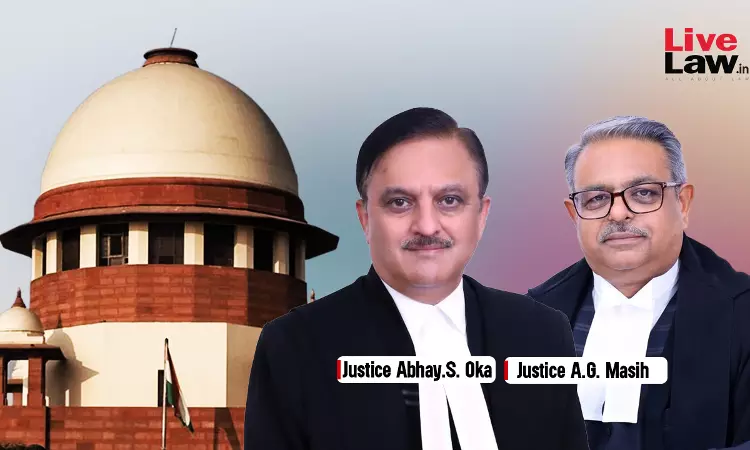Bail Cannot Be Denied On The Ground That Trial Is Expedited: Supreme Court
Amisha Shrivastava
2 Sept 2024 7:13 PM IST

Next Story
2 Sept 2024 7:13 PM IST
The Supreme Court today (September 2) emphasized that bail cannot be rejected merely on the ground that the trial will be expedited.A bench of Justice Abhay Oka and Justice Augustine George Masih said this while issuing notice in an SLP by a dacoity accused challenging Calcutta High Court's decision to reject his bail plea but expedite the trial.The Supreme Court noted that despite...
